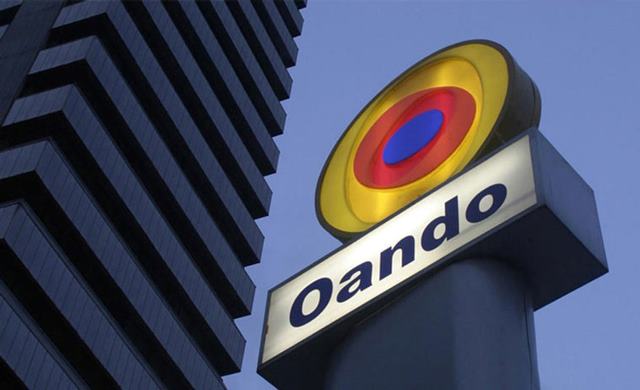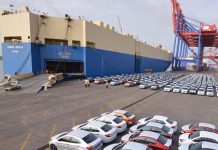Oando Clean Energy Limited, a member of the Oando Plc group announced the release of Electric mass transit buses for use in Lagos State on Tuesday, 25th April 2023.
In order to facilitate the effective implementation of an electric vehicle infrastructure ecosystem (electric buses, charging stations, and other supporting infrastructure) in the state and the development of a sustainable road transportation system, OCEL, and the Lagos Metropolitan Transport Authority signed a Memorandum of Understanding in 2022.
The organization stated that it obtained the vehicles through a partnership with Yutong, the biggest producer of electric vehicles in the world. In addition to receiving these electric buses, OCEL has also received the spare parts and charging stations required to ensure efficient operation.
Adewale Tinubu, Chairman of OCEL, commented on the development by saying, “Audacity and creativity have always been fundamental values in our journey to transform the future of Nigeria’s energy. This spirit, at the leading edge of pushing Nigeria toward achieving her net-zero targets, is what has brought us to this point today”.
Adewale continued saying, “The introduction of our electric mass transit buses and the creation of an ecosystem for EV infrastructure serves as a reminder that the only way to stay ahead of the curve is to constantly look for ways to advance and be fearless to take risks”.
“.The African proverb, “If you want to go fast, go alone; if you want to go far, go together,” is further supported by this project. Public-Private Partnerships were essential in advancing the project to this point and will be the driving force behind our nationwide expansion. I must applaud the Lagos State Government’s cooperative efforts through LAMATA in completing this project”, He said.
Further commenting Adewale said, “Beginning this project provides us with a platform to demonstrate to other states what is feasible, opens the door for engagements on customized solutions to meet their unique needs, and serves as a template for other organizations looking to foray into sustainable transportation”.
“This is a pivotal moment for Yutong”, says the managing director of Yutong West Africa, Mr. Frank Lee. It is the first time we have delivered electric mass transit buses to Sub-Saharan Africa, and it also marks the beginning of Nigeria’s extensive implementation of an electric-powered public road transportation system”.
Frank expressed himself saying, “We are thrilled to be beginning this journey in collaboration with Oando, a company with a track record of outstanding performance in the energy sector, and we hope to see a quick turnaround in our joint plans to advance all aspects of the nation’s transition to environmentally friendly vehicles, including the development of local capacity through the delivery of, and exposure to, extensive training programs for all stakeholders, from drivers to operators and regulators”.
He further said, “We now supply EVs to customers in the Middle East, Europe, South America, and Asia as a result of our entry into Sub-Saharan Africa. Our electric vehicles are exceptionally well suited for use as a public transportation option in Nigeria because of their cutting-edge technological capabilities and testing for various terrains”.
Additionally, Oando stated that action was consistent with the company’s strategic vision to decarbonize Nigeria’s transportation system and, as a result, improve the socioeconomic impact of travel within the nation.
“This initiative will convert the current ignition mass transit buses to electric, starting in Lagos State and eventually throughout the nation, over seven years and the rollout of over 12,000 buses.
A portion of the statement stated, “In the medium to long term, and consistent with our ambitions, our efforts in sustainable transport will improve air quality, enhance public health, enable the employment of at least 3,000 new drivers and an additional 2,000 workers to support bus maintenance, depot management, etc., as well as estimated economic cost savings of $2.6bn (3.6 per cent of Lagos’s GDP)”.
The organization went on to say that its EV roll-out plan is in line with the Nigeria Energy Transition Plan, specifically supporting the government’s plan for implementing EVs throughout Nigeria and its intention to increase local capacity in the medium term by erecting EV assembly plants.














